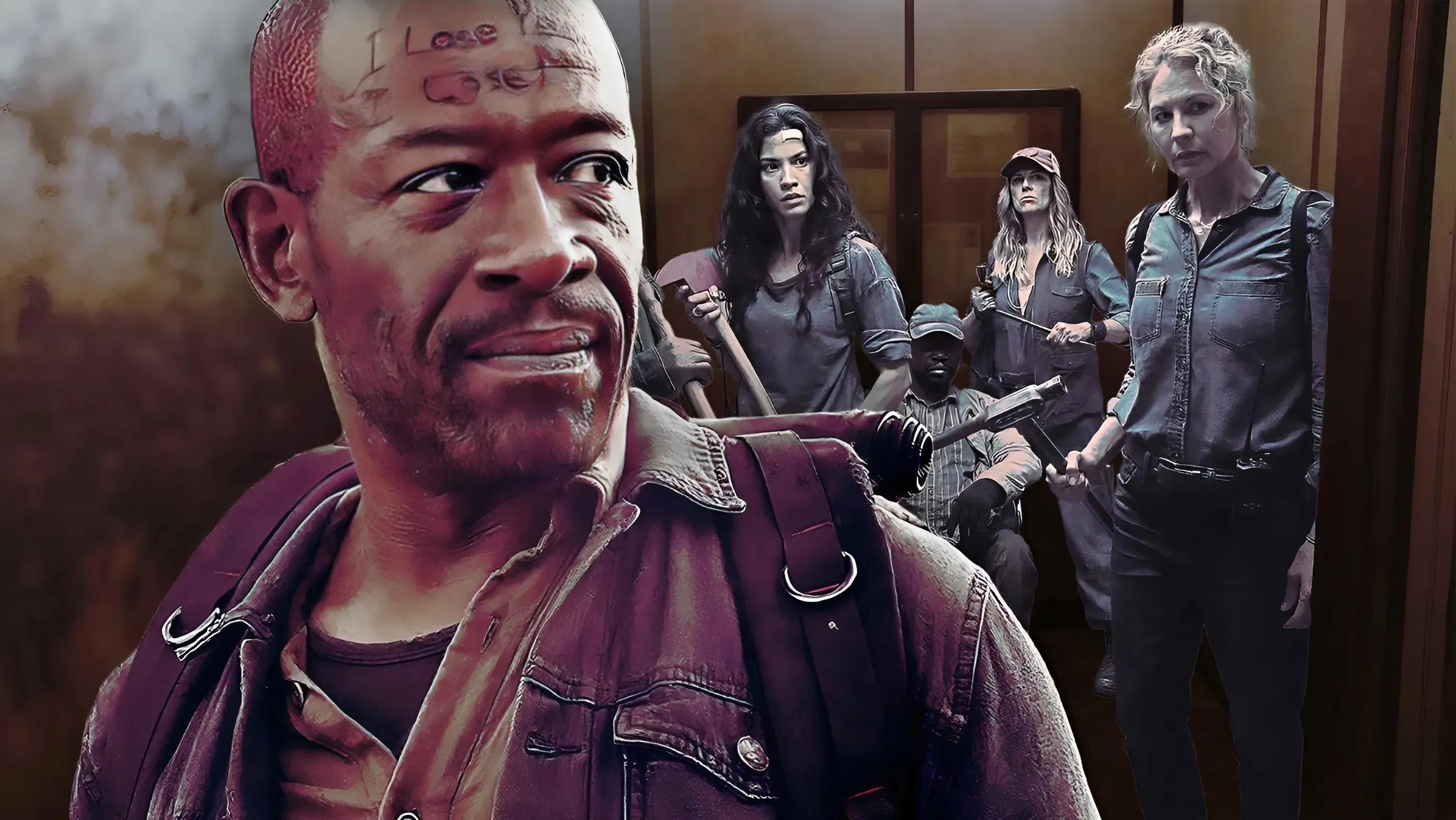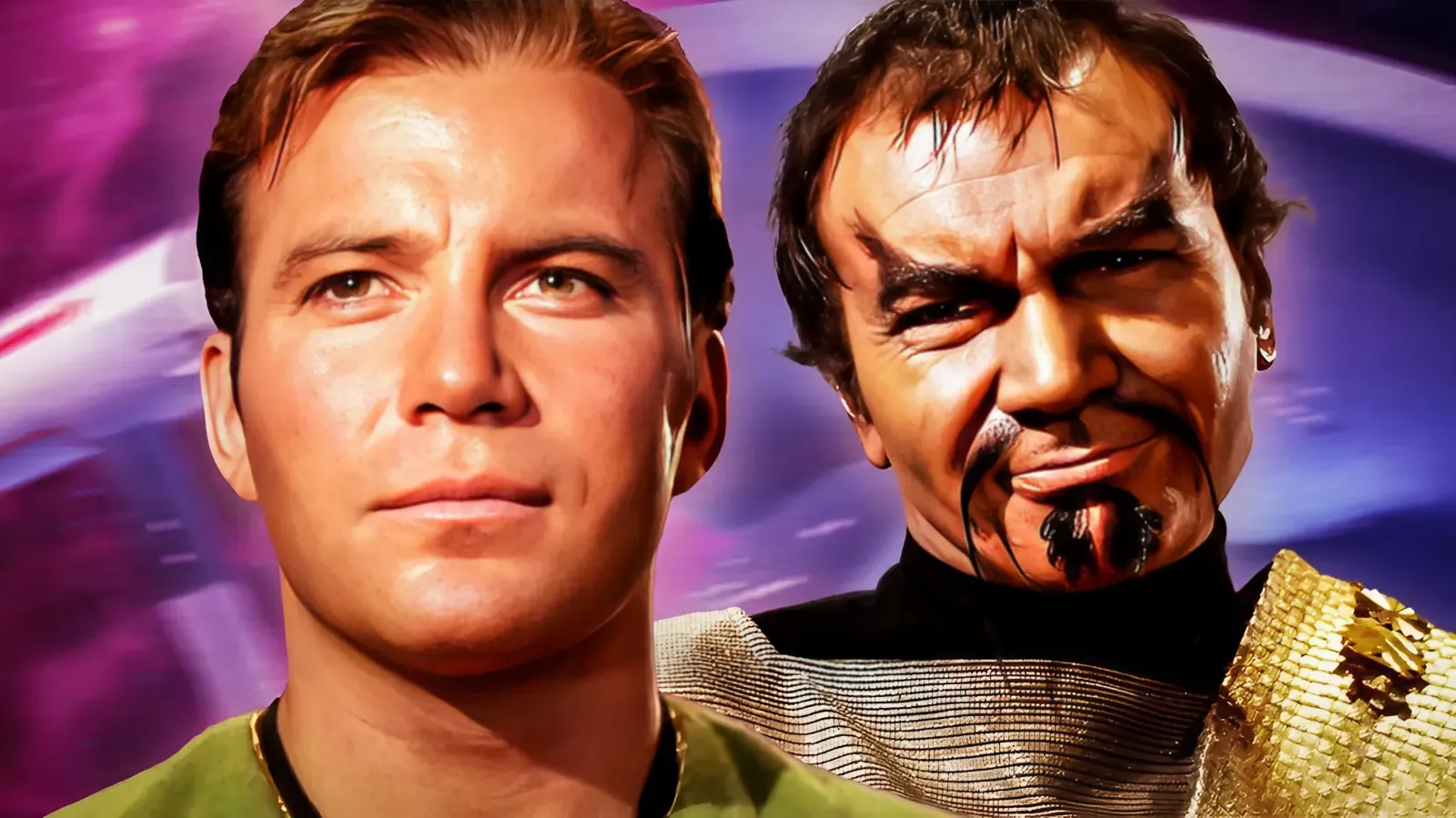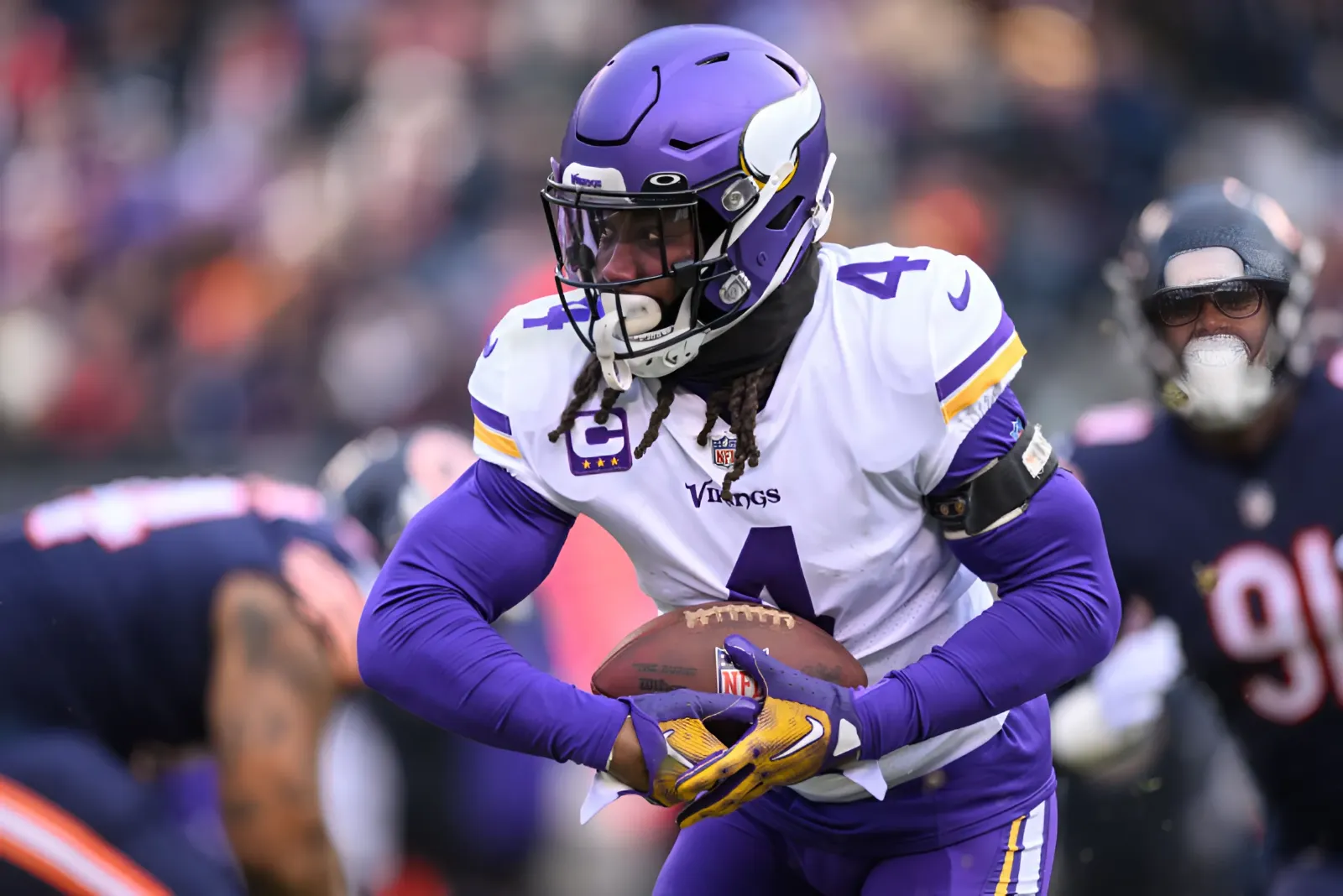The earliest seasons of The Walking Dead are often regarded as the glory days of the series. The story was gritty, simple and grounded, following Rick Grimes and a group of people in Georgia surviving the first few months of a zombie apocalypse. But those early seasons also weren't perfect. There are some plot holes and disconnection with the later seasons that left people asking more questions than receiving answers.
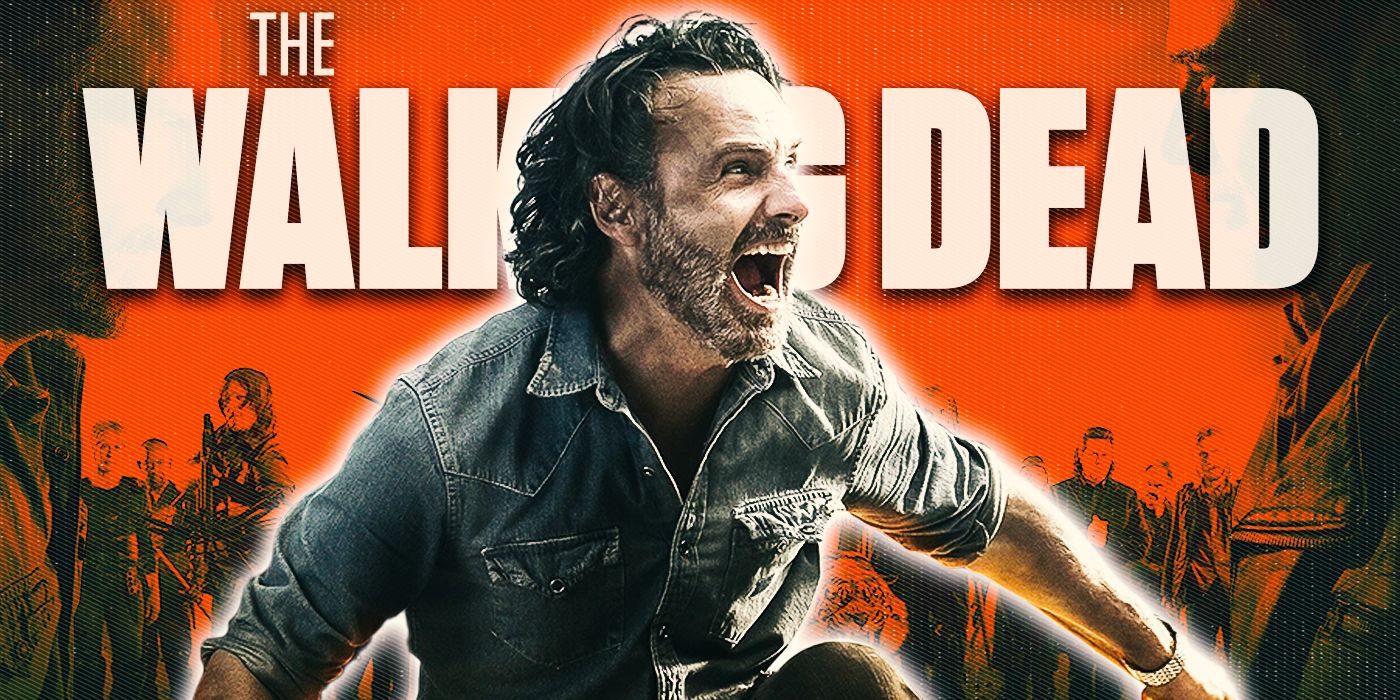
One of these questions is why Rick never brought up Wayne Dunlap again. For casual viewers, that name probably means nothing. But for dedicated fans who have rewatched the series and spinoffs multiple times for Easter eggs and pure enjoyment, Wayne Dunlap is a name with some serious baggage. He was a line that the survivors had to cross in order to make it out of Atlanta alive, and for Rick, he was a failed promise that actually foreshadowed the sheriff's deputy's moral identity crisis.
Who Was Wayne Dunlap on The Walking Dead?
With how much The Walking Dead fans talk about Wayne Dunlap and his importance to the first season of the series, one might assume that he's a character who was around for a short period of time before his death. But that's not exactly the case. Wayne was a walker that only appeared in one episode: Season 1, Episode 2, "Guts." Walkers at the time held a lot more significance than they do now in The Walking Dead spinoffs where they're twisted and bent out of shape for experimental purposes. Rick was still getting used to the idea that walkers weren't people anymore, and felt it was necessary to memorialize the walker he never knew.
In "Guts," Rick and Glenn Rhee have to figure out a quiet way to help themselves and other survivors escape a group of walkers in Atlanta. They discover a truck on the street that they can use to drive out of the city, but have to pass through a group of walkers to get there. Armed with knowledge that walkers detect humans by their smell, Rick comes up with the idea of using walker guts as a way to mask their scent. The walker that just so happened to be available was named Wayne Dunlap.
Rick Grimes: "Wayne Dunlap. Georgia license, born, 1979. He had 28 dollars in his pocket when he died, and a picture of a pretty girl. 'With love, from Rachel.' He used to be like us, worrying about bills or the rent or the Superbowl. If I ever find my family, I'm going to tell them about Wayne."
Nobody is thrilled with the plan because it requires smearing a dead person's remains on Rick and Glenn, and it feels wrong to butcher a being that used to be a person. Rick takes the time to go through Wayne's things to memorialize and thank him for his involuntary contribution to their survival. Wayne's wallet reveals his name, his main state of residence was Georgia, he was born in 1979 and was carrying 28 dollars in his pocket.
There's also a picture of a girl named Rachel, who viewers can only assume was his partner. Rick reminds everyone that Wayne was just like them, worrying about everyday things that are now insignificant and frivolous. He makes a promise to himself and Wayne that he'll tell his family -- if he ever finds them -- not about the walker, but who the man was before he died and came back to life. Only Rick never made good on his promise, at least, not on-screen.
Rick Forgetting His Promise Foreshadows His Long-Running Internal Conflict
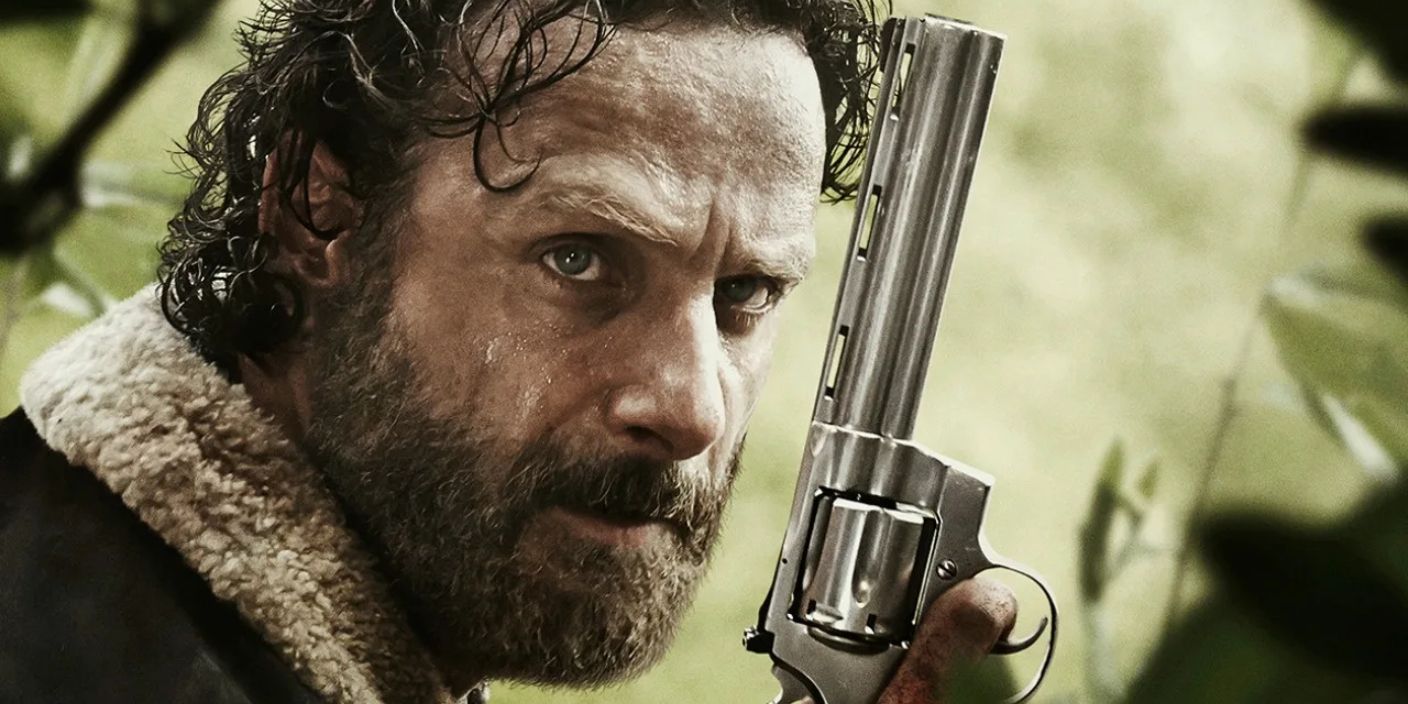
It may seem worthless to harp on this one little detail that may have been overlooked in later episodes of The Walking Dead. After all, plenty of other plot points went unresolved, like Heath's status after disappearing in Season 7. The group of survivors have bigger fish to fry, and they are literally frying fish as their only source of food in the next episode. But a promise used to mean something to Rick. He still identified as a sheriff's deputy in those early days, trying to keep the morale high and his people safe. More importantly, he was still holding onto his humanity dearly and did everything possible to not let it go until it was absolutely necessary.
Rick's biggest enemy throughout his entire run on The Walking Dead and The Walking Dead: The Ones Who Live was himself. He endured a "man vs. self" dilemma like no other, constantly caught in a battle between making good decisions that were hard and bad decisions that were easy. He was a man who tried to act on his promises, but often failed to live up to them because the world made it difficult for him to do so. Being a leader and later, a single father, was a challenge that eventually transformed him into a man that was unrecognizable.
Forgetting his promise to Wayne was a promise that he broke to himself, that he would never abandon decency in the name of adapting to the new world's black and white rules. When he reunited with his family, he innocently forgot to bring up Wayne's sacrifice that allowed the Grimes family to be together again. But it's a small domino in a longer line of promises that Rick consciously tries to keep in order to be a role model for his son, Carl. The biggest of which was keeping Negan alive to restore an image of society in the broken world. Rick fulfilled Carl's wish, but it cost him several years of freedom. This outcome, more or less, proves that The Walking Dead's world nearly always punishes deeds made out of good intentions.
Wayne Represented People's Innocence Early in the Apocalypse
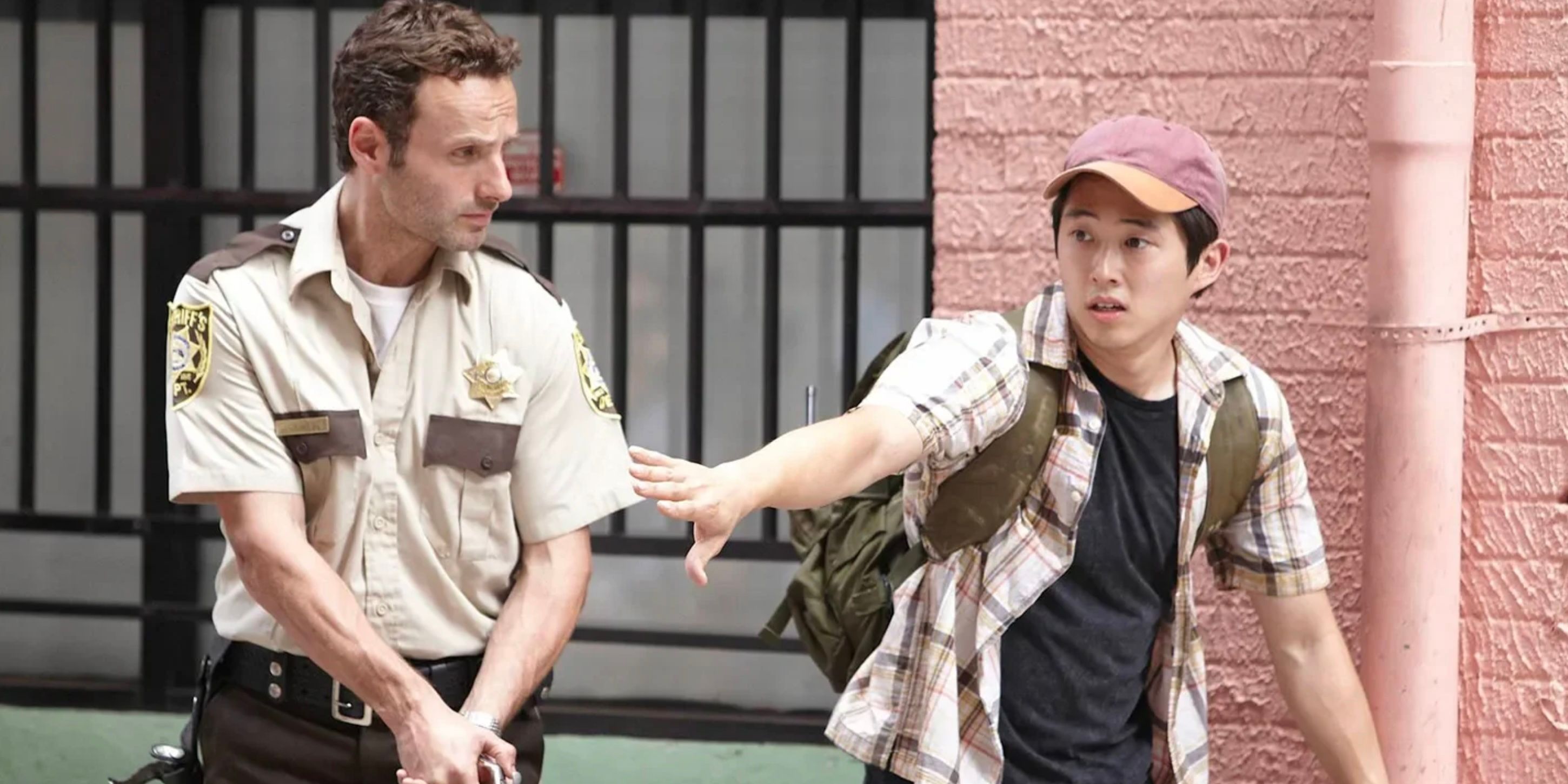
In "Guts," the hope for humanity was still alive. People didn't have doubts that society wasn't going to be restored. The few months people were living in an apocalypse was a scary nightmare that they were preparing to wake up from. There was time for the survivors to give a eulogy to a walker they never met because the loss of human life in The Walking Dead was weighing heavy on their minds. These people still cared about trying to save every life possible, no matter how horrible, to give the world another chance.
Throughout the series, The Walking Dead strips characters from that naive mindset. Strangers' survival slowly became less of an importance to Rick. They could be the last people on Earth, and Rick would be okay with that because it means his own people survived. Many nameless people were abandoned because Rick didn't trust them or had enough food to spare them. The man with the orange backpack from Season 3, who remains nameless, is an eye-opening contrast to Rick's treatment of Wayne in Season 1. Rick ignores this pleading man on the road and later loots his belongings for supplies when he's dead.
Frank Darabont likely didn't intentionally forget a scene between Rick and his family about Wayne to predict his future disregard for humanity. It's a clever coincidence that subtly shows how easily people can desert their own humanity when the world throws them into a dire situation. But it's also a spark of optimism that, amidst the intensity of the world ending, somebody might take the time to eulogize a person that didn't deserve to just be rotting meat.

